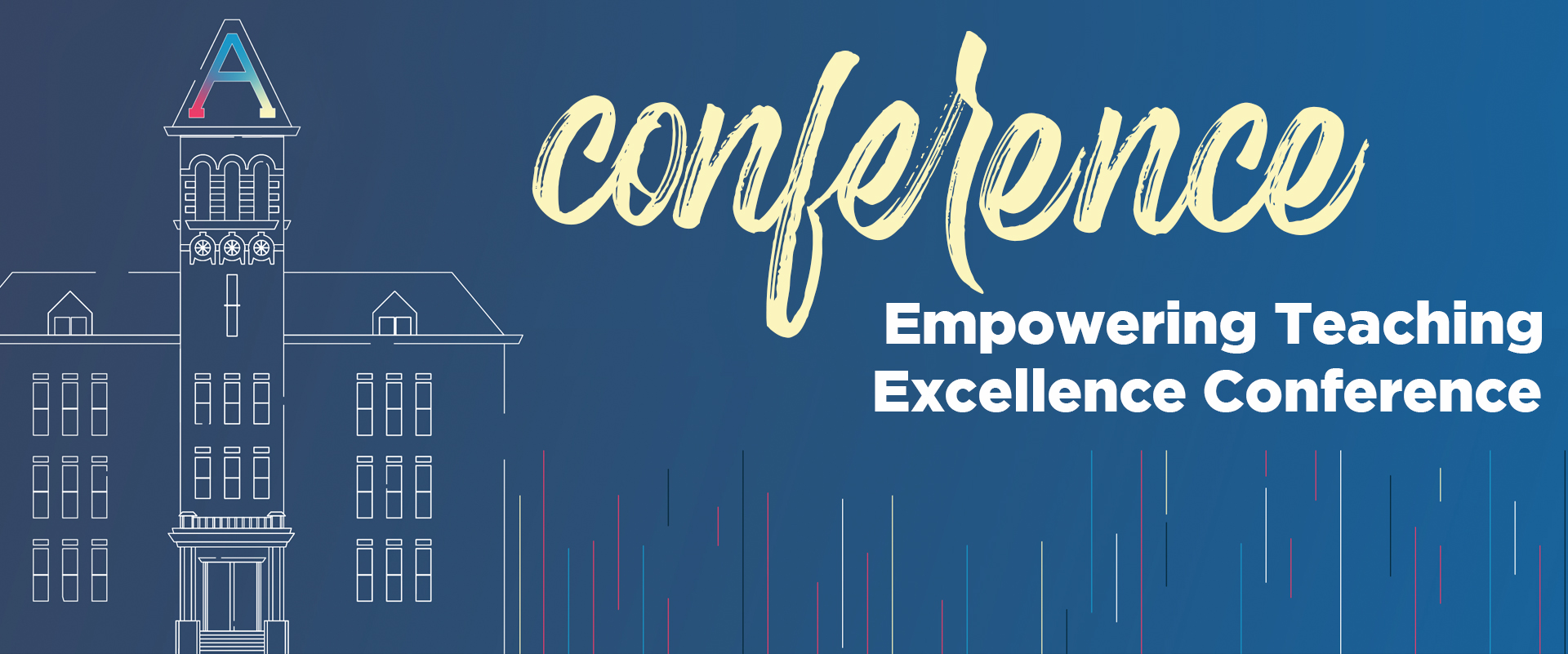Obstacles to Learning Increase for College Students in the COVID-Era
Start Date
8-18-2021 12:00 AM
Description
Students face additional obstacles to learning in the age of COVID including limited access to course content, food or rent insecurity, childcare and homeschooling, and caregiving of non-nuclear family members, among others. These traumas result in a lack of focus in classes, especially those taught remotely and with abstract topics, and may weaken learning gains. Students in rural Utah may be disproportionately impacted given that most of their courses are online because they are time-strapped and place-bound by family, job obligations, or the reservation system for Native Americans. We created an undergraduate survey of ecology students across USU statewide campuses and quantified how these stressors have changed since the onset of the pandemic, how learning gains are affected, and also surveyed students about preferred solutions that may help ease these stressors. Our research shows an increase in the number and magnitude of these obstacles. Solutions include flexibility in assignments and due dates, more contact time with students, focusing on specific relevant course outcomes, engaging methods for teaching abstract practices in remote formats, and addressing the technology limitations of rural America.
Creative Commons License

This work is licensed under a Creative Commons Attribution 4.0 License.
Obstacles to Learning Increase for College Students in the COVID-Era
Students face additional obstacles to learning in the age of COVID including limited access to course content, food or rent insecurity, childcare and homeschooling, and caregiving of non-nuclear family members, among others. These traumas result in a lack of focus in classes, especially those taught remotely and with abstract topics, and may weaken learning gains. Students in rural Utah may be disproportionately impacted given that most of their courses are online because they are time-strapped and place-bound by family, job obligations, or the reservation system for Native Americans. We created an undergraduate survey of ecology students across USU statewide campuses and quantified how these stressors have changed since the onset of the pandemic, how learning gains are affected, and also surveyed students about preferred solutions that may help ease these stressors. Our research shows an increase in the number and magnitude of these obstacles. Solutions include flexibility in assignments and due dates, more contact time with students, focusing on specific relevant course outcomes, engaging methods for teaching abstract practices in remote formats, and addressing the technology limitations of rural America.


